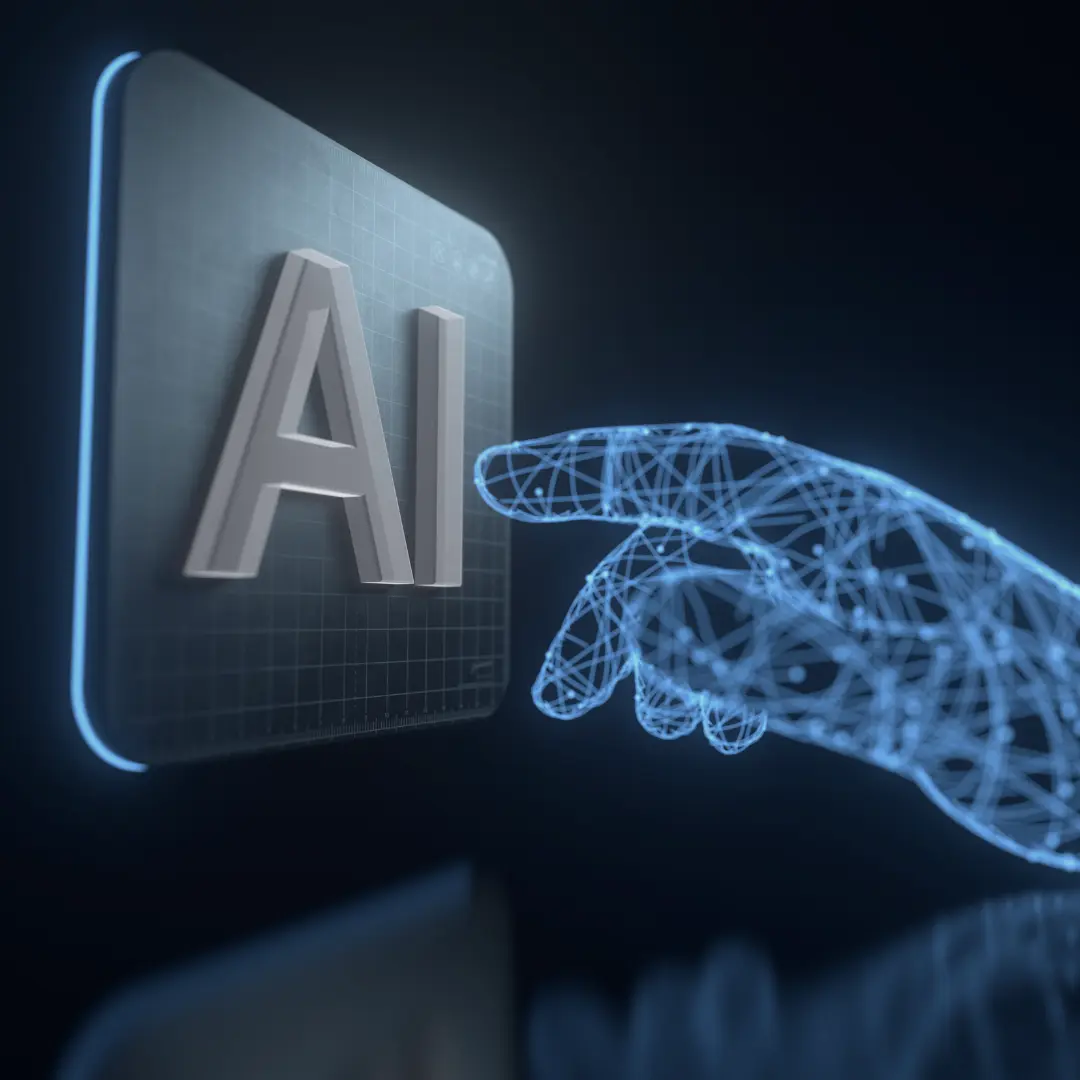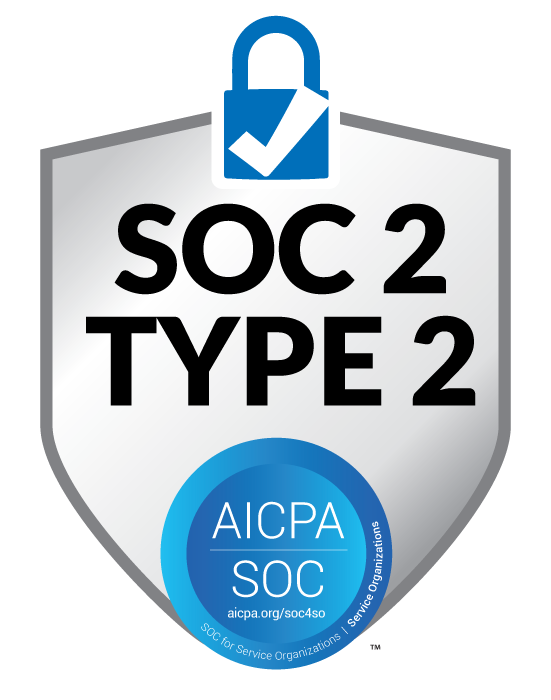Introduction to OpenAI’s Codex: Revolutionizing Software Development
The software development landscape is transforming rapidly, fueled by Agentic AI—autonomous systems that execute tasks with minimal human oversight. Leading this charge is OpenAI’s Codex, an AI-powered coding assistant launched in 2025, integrated with ChatGPT. As a Customer Success Manager at lowtouch.ai, a no-code platform for creating digital workers to enhance efficiency, compliance, and time-to-market, I’ve seen how such tools redefine enterprise workflows. This blog explores how Codex is revolutionizing coding, its key features, benefits, challenges, and how lowtouch.ai’s no-code solutions amplify its impact.
What is Codex?
Built on OpenAI’s o3 reasoning model, Codex is an autonomous AI coding assistant within ChatGPT. It translates natural language into code, supports multiple programming languages, and handles tasks like debugging and optimization. Designed for developers of all levels, Codex streamlines workflows and democratizes coding, aligning with lowtouch.ai’s mission to empower enterprises with accessible Agentic AI solutions.
Key Features of Codex
- Natural Language to Code: Converts plain English prompts into executable code, enabling non-technical users to prototype solutions.
- Multi-Language Support: Supports Python, JavaScript, Java, C++, and more, allowing seamless work across tech stacks.
- Autonomous Debugging: Identifies bugs and optimizes code, reducing debugging time by up to 50% (2024 Stack Overflow survey).
- IDE Integration: Works with tools like VS Code, embedding AI assistance into existing workflows.
- Ethical Safeguards: Prevents malicious code generation, ensuring compliance and security.
Benefits of Codex for Enterprises
- Faster Development: Cuts timelines by 20-30% (Gartner 2025), accelerating time-to-market.
- Cost Savings: Automates repetitive tasks, reducing development costs by up to 15%, as seen in a lowtouch.ai fintech case study.
- Democratized Innovation: Enables non-coders to contribute, fostering citizen development.
- Improved Code Quality: Optimizes code to reduce technical debt, critical for complex codebases.
- Scalability: Adapts to projects from small scripts to enterprise applications.
lowtouch.ai Synergy: Our no-code platform enhances Codex by enabling non-technical teams to automate testing and deployment, amplifying efficiency.
Challenges and Mitigation Strategies
1. Over-Reliance on AI
Risk: Developers may lose critical thinking skills.
Mitigation: Use a human-in-the-loop approach and provide training to maintain coding proficiency.
2. Security Vulnerabilities
Risk: Generated code may introduce vulnerabilities.
Mitigation: Conduct code reviews and use tools like Snyk. lowtouch.ai’s secure platform automates compliance checks.
3. Ethical and Bias Concerns
Risk: Biases in training data may lead to suboptimal code.
Mitigation: Audit for biases and use diverse datasets, complemented by lowtouch.ai’s ethical AI framework.
4. Integration Complexity
Risk: Challenges with legacy systems.
Mitigation: Use lowtouch.ai’s no-code platform to bridge integration gaps.
5. Hallucination Risks
Risk: Incorrect code outputs (2025 New Scientist report).
Mitigation: Cross-reference with verified libraries and use lowtouch.ai’s human-in-the-loop features.
Maximizing Codex’s Potential
- Human-AI Collaboration: Use Codex as a co-pilot, refining outputs manually. lowtouch.ai enables non-technical collaboration.
- Training: Upskill teams to leverage Codex effectively, as seen in a lowtouch.ai retail client’s 25% productivity boost.
- Security: Integrate Codex into secure pipelines with lowtouch.ai’s compliance features.
- Pilot Projects: Start small to test capabilities, as demonstrated by a lowtouch.ai logistics client.
- No-Code Synergy: Use lowtouch.ai’s no-code platform to automate testing and deployment.
lowtouch.ai: Enhancing Codex’s Impact
At lowtouch.ai, our no-code platform complements Codex by:
- No-Code Accessibility: Empowering non-technical teams to build AI-driven workflows.
- Security: Ensuring Codex-generated code is protected with encryption and compliance checks.
- Explainability: Providing audit trails for transparency.
- Scalability: Supporting seamless scaling from pilots to enterprise deployments.
Conclusion: The Future of Coding with Codex
OpenAI’s Codex is transforming software development by making it faster, more accessible, and efficient. Paired with lowtouch.ai’s no-code platform, enterprises can deploy Agentic AI responsibly, ensuring compliance and scalability. Ready to embrace the Agentic AI revolution? Visit lowtouch.ai to discover how we can help you create secure, efficient digital workers.
About the Author

Satish Ganesan
Satish Ganesan is a seasoned Delivery Management Professional and a key contributor to a no-code AI platform focused on enterprise automation. With expertise in delivery management, IT operations, and process optimization, Satish helps organizations streamline workflows and achieve operational excellence.
He focuses on bridging technology and business needs, leveraging agentic AI to drive efficiency and innovation. His passion lies in enabling enterprises to adopt AI-driven solutions that automate routine tasks, enhance decision-making, and ensure data privacy, all while integrating seamlessly with existing systems. Through his insights, Satish is committed to helping businesses unlock scalable, secure automation tailored to their needs.




